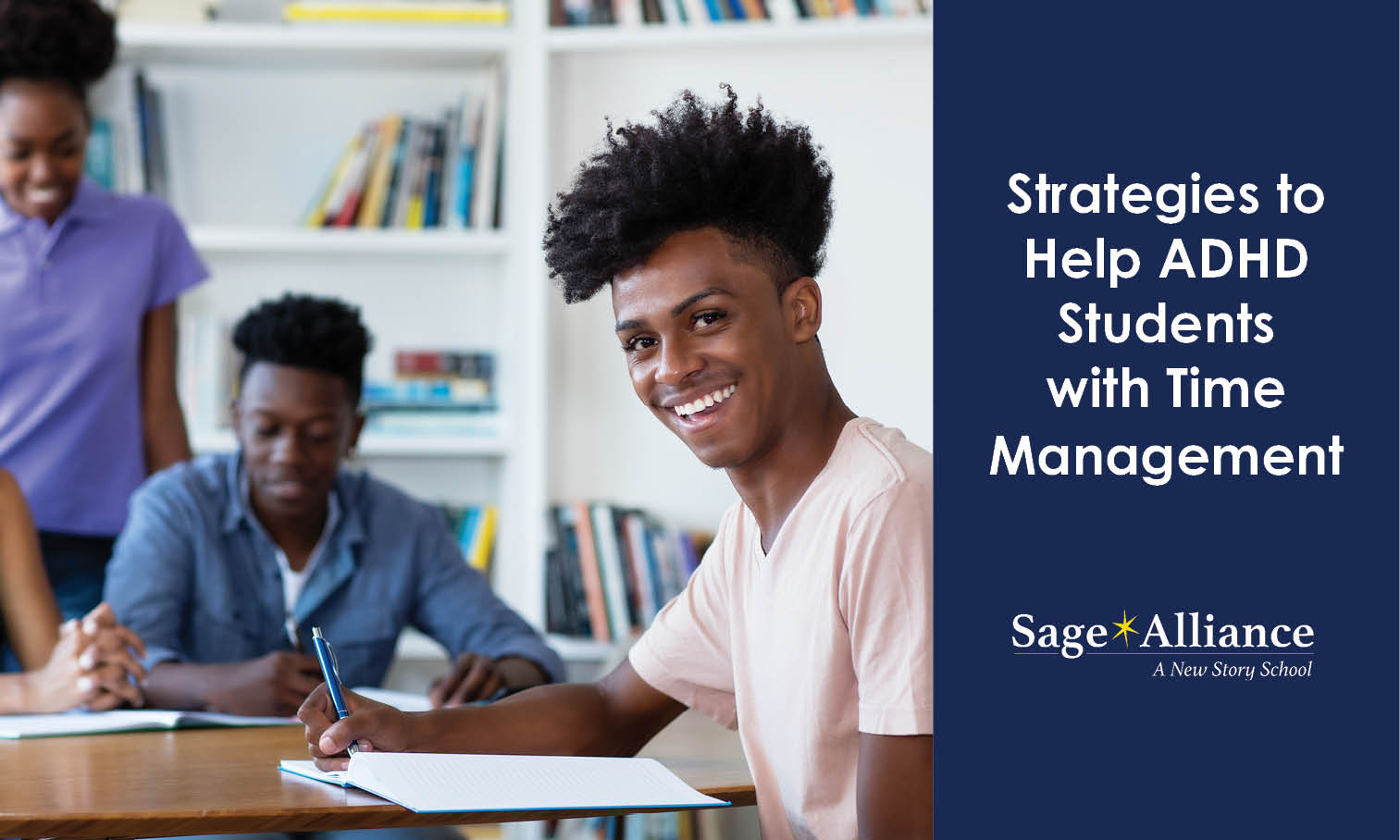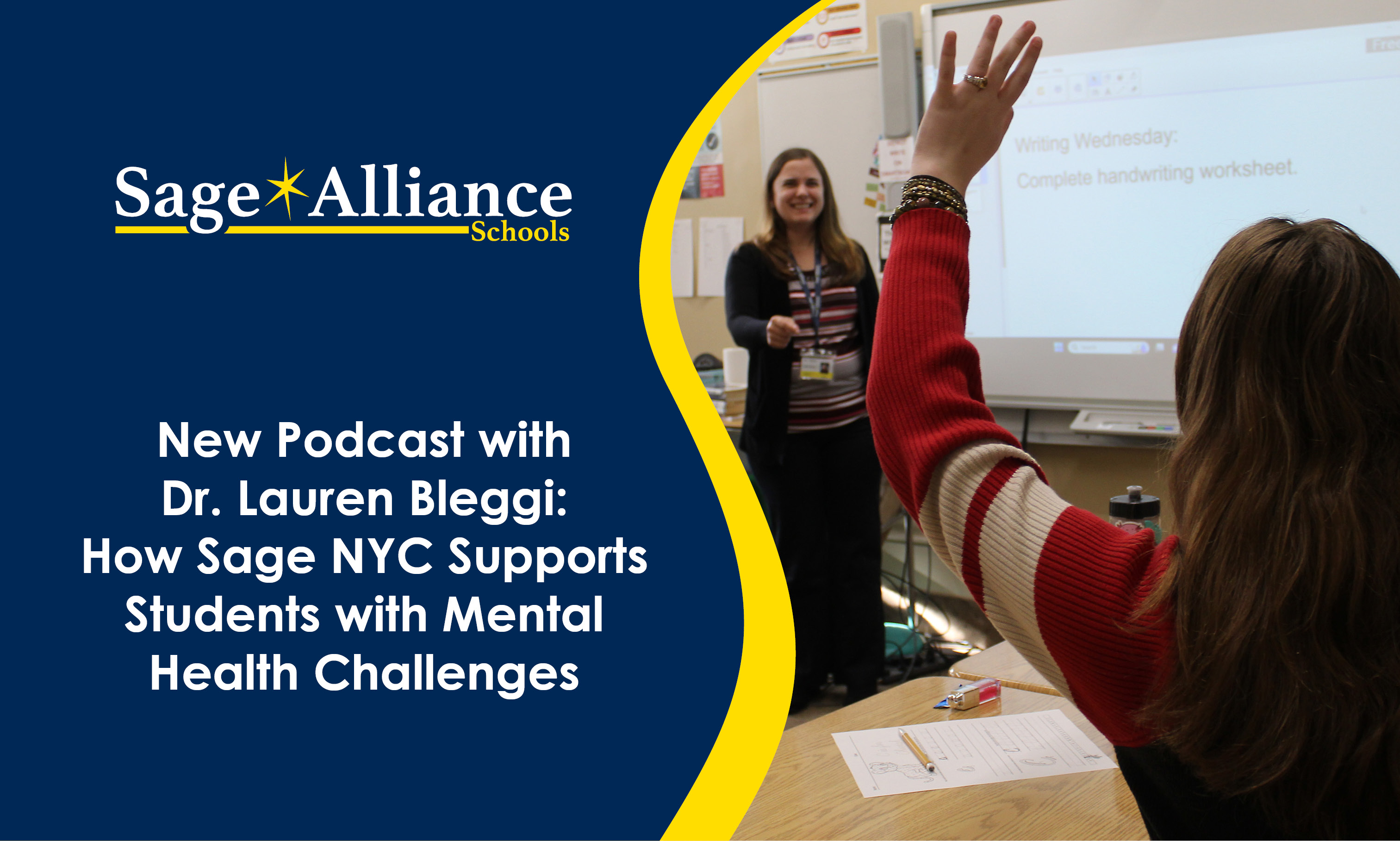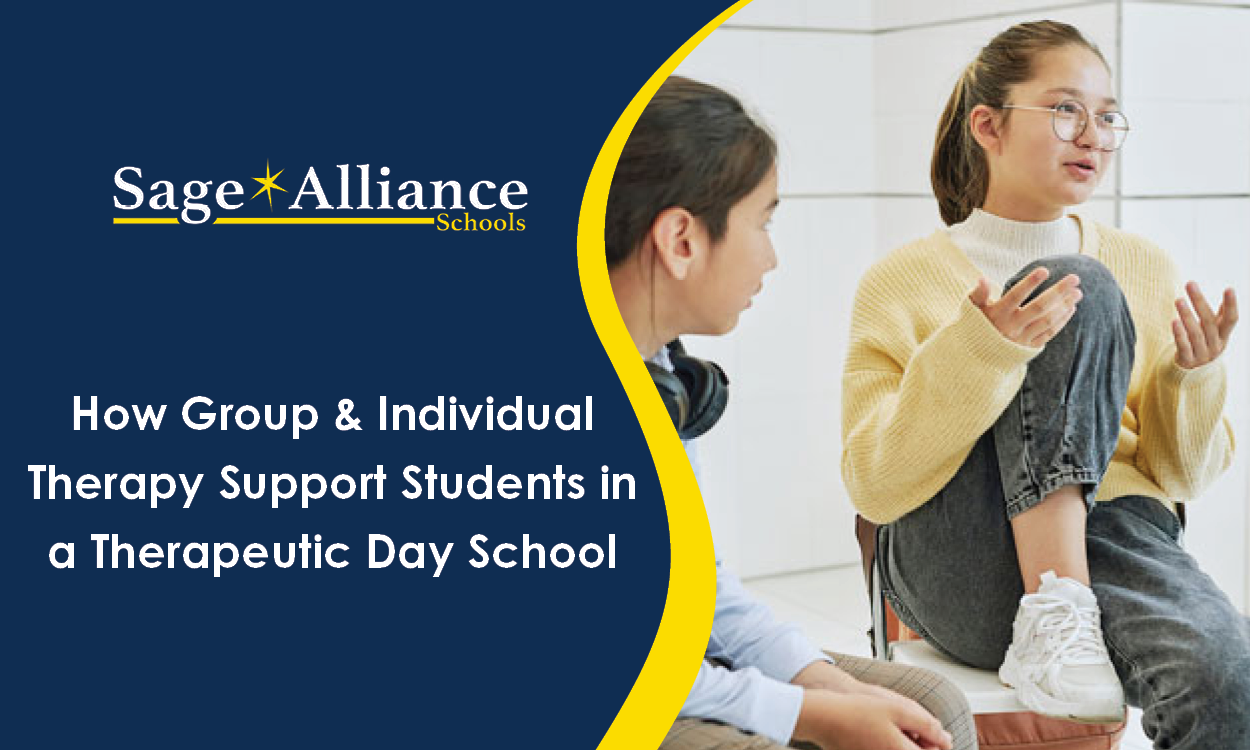Strategies to Help ADHD Students with Time Management
Posted: November 16, 2016 | Written By: | Category: ADHD

Students with ADHD can have a difficult time focusing in school, and their subsequent actions can often be misinterpreted as acting out, not following directions, being disrespectful, or just being downright obstinate. This is seldom the case.
As a result of the student struggling to focus, they miss homework assignments which then translates into lower grades, which spirals into lower self-esteem, hopelessness, and ultimately, resentment. Imagine the student having to take a test and having to concentrate when they lack the skills to do so.
Part of the problem lies within the student’s lack of the ability to fully embrace the concept of time. Yes, they know what time is; they can read a clock, but they are challenged by what is called the Time Horizon. According to Sarah Ward of efpractice.com, by the time a student finishes high school, they may be able to grasp the ramifications of a time length of between two and three weeks.
Therefore, there is a tremendous amount of difficulty on the part of the student’s ability to finish assignments on any type of deadline due to their relationship with time. How can we help the student improve that relationship with time to ensure greater success in the classroom? According to Joyce Cooper-Kahn and Laurie Kahn, it is by giving them the tools to manage themselves and their resources in order to achieve a goal, which is called Executive Functioning.
Mindfulness also plays a key role in this; the student, who can be ambivalent to what’s going on around them, needs to learn how to acknowledge their surroundings without becoming overwhelmed by it. Learning how to center themselves by mindfulness techniques is key to time management.
Let’s look at it in practical terms: the student develops an awareness of his surroundings, but that’s only part of it. Visualization is essential – the ADHD student can relate to visual cues, so anything that fosters visualization such as the visual arts can help them focus even further.
Students should be given the freedom to make decisions as to what is needed to accomplish a particular task. Because they’re visual learners, they need visual cues. They need to know what it looks like to work on the task, how the materials they need to accomplish it need to be laid out in an order that makes sense to them, and of course, determine how long it takes to accomplish the task in the allotted time.
A helpful technique that can be used with students in learning how much time it will take to accomplish a task is called the Pomodoro Technique. This technique challenges the person to estimate how much time will be required to finish the task in 20-minute increments. Through trial and error, the student can get a better grasp of what time is required to complete an objective.
This is not a one-shot deal, as it takes time, effort, and patience to develop these skills. As a result, the student creates a greater awareness of themselves in terms of what it feels like to be successful, which can motivate them to take on larger projects that they ever dreamed possible.
Want to be notified of new articles and resources from Sage Alliance? Click here to submit your email and opt into our newsletter.









